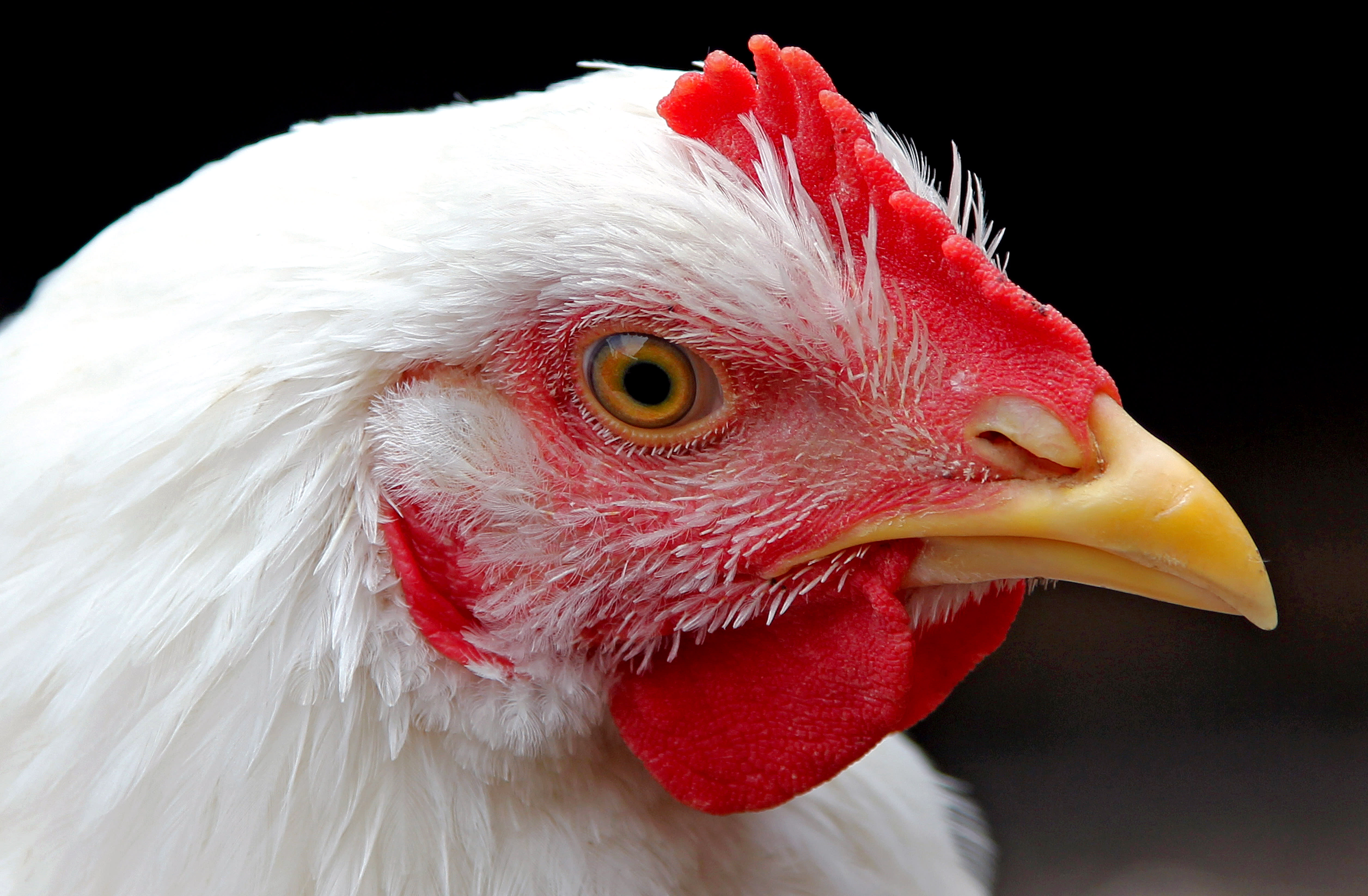




We explore vegan dog food and better welfare choices for feeding your dog.

Dogs can bring pure joy into our lives as companions, supporters and even as helpers. But as we become more aware of the welfare and environmental impact of meal production, it raises the question, is it possible to feed your dog in a way that’s healthy but also ethical?
Unlike a lot of kids who had imaginary friends growing up, I had an imaginary dog - a labrador called Dale. Every Christmas I’d ask and hope for a real dog, but my mum was allergic so I knew really it wouldn’t happen. When I grew up and had the opportunity to rescue a dog, I jumped at the chance.
I fell in love with my new furry friend and, as we bonded, I started to question the difference between him and other animals that I was eating. I went vegan. But then came the problem. As I learned more about the implications of using animals for meat, I began to question the ethics of feeding my dog meat too.
A recent study in the US calculated that meat-eating by dogs and cats creates around 64 million tons of carbon dioxide a year - the equivalent of a year’s worth of driving from 13.6 million cars.
While the environmental impact of our meat-eating companions is plain to see, the welfare implications can be a little harder to assess.
When eggs are produced within intensive farming systems, only the female hens are perceived as valuable, as only they can go on to lay eggs. The male chicks are considered waste. Almost as soon as they hatch, they are killed. They are often bundled straight onto a conveyor belt once sexed, taking them to a big mincing machine. This ‘waste product’ is often used to create pet food, further adding to the horrors of the egg industry.
Even if the meat in your dog’s diet is from ‘full grown’ chickens, it’s safe to assume that the chickens have not had a good life. The majority of chickens, even those raised for human consumption, suffer in filthy, crowded conditions. They are bred to grow unnaturally big, too fast, so that their legs and organs can’t keep up. They often endure heart failure or struggle to walk, their legs collapsing under their own weight.
But if you are concerned about feeding your dogs more ethically, there are options.
Seek out higher welfare.
While the slaughter of an animal can never be considered humane, we can ensure the welfare of the chickens raised for food is as high as possible.
Unfortunately, most pet food companies use factory farmed animal products in their ranges.
But Beco bucks the trend. Beco is the first pet food company to officially sign up to the Better Chicken Commitment (BCC) and confirm that it already meets all six of the measures aimed at meaningfully improving the lives of chickens. Find out more about Beco in our article.
If you’d like to explore higher welfare options for your dog, an online search for free-range dog food gives a few options for companies taking welfare more seriously than most.
Go plant-based
Dogs are omnivores so, like humans, they can thrive on a diet without meat.
There are many options for feeding your dog on a plant-based diet, or even reducing the amount of meat that they eat.
Brands like Benevo, Yarrah and Amì make it easy to feed your dog a balanced, plant-based diet. They all offer a mix of wet and dry food suitable for any dog. You can make it even more delicious by adding veg like peas, carrots, broccoli and sweet potatoes.
Of course, always introduce new foods slowly to your dog and keep an eye on them to check they’re adjusting well and staying healthy. Speak to your vet if you’re concerned about switching your dog over to a new diet.
If you'd like to get more tips about living more compassionately, as well as updates on our campaigns, sign up to recieve our emails.

 Holly Spindler
Holly Spindler






